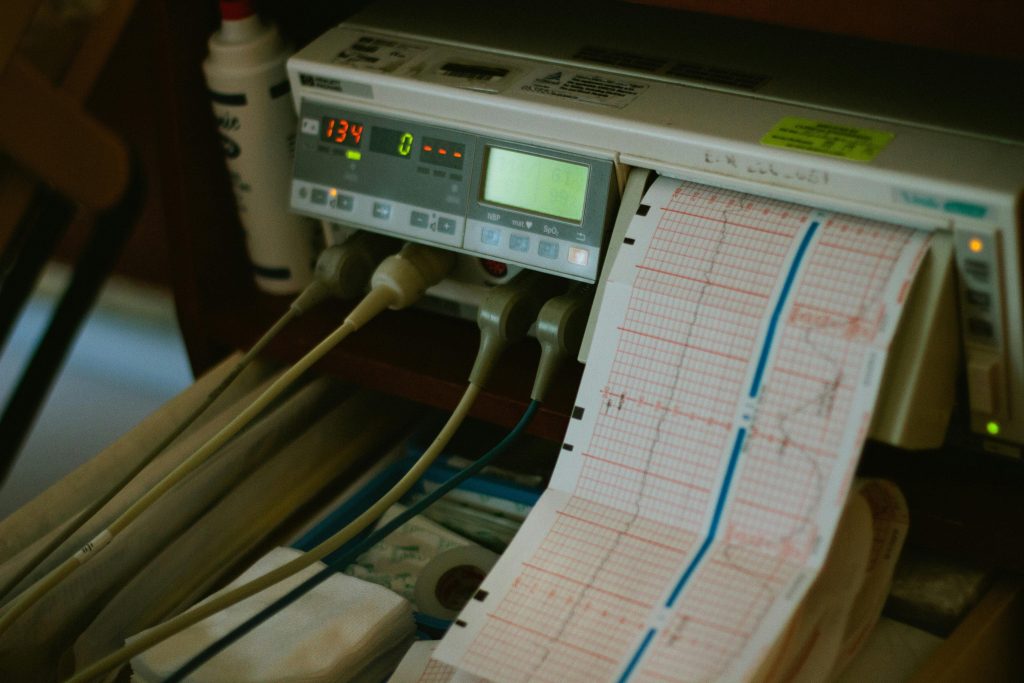 Emergency responders have a critical job, often requiring them to speed and navigate through traffic to reach those in need. But what happens when those actions result in an accident? Who’s at fault when an officer responding to an emergency collides with another vehicle? A recent Louisiana Court of Appeal case, Karonda Washington v. OneBeacon America Insurance Company, et al., sheds light on these complex issues.
Emergency responders have a critical job, often requiring them to speed and navigate through traffic to reach those in need. But what happens when those actions result in an accident? Who’s at fault when an officer responding to an emergency collides with another vehicle? A recent Louisiana Court of Appeal case, Karonda Washington v. OneBeacon America Insurance Company, et al., sheds light on these complex issues.
The Collision
Late one night in Baton Rouge, Karonda Washington was a passenger in a car driven by her daughter, Shankeyshia Jones. Two sheriff’s deputies, Brad Manuel and Tyler Comeaux, were rushing to a disturbance call with their lights and sirens activated. Jones moved her vehicle into the left lane to make a turn, and Deputy Manuel stopped behind her. As Deputy Comeaux attempted to pass, he rear-ended Manuel’s cruiser, pushing it into Jones’ vehicle and injuring Washington.
 Louisiana Personal Injury Lawyer Blog
Louisiana Personal Injury Lawyer Blog


 In a recent decision, the
In a recent decision, the  In personal injury law, the concept of “prescription” plays a crucial role. It’s essentially a deadline for filing a lawsuit; if you miss it, your claim could be barred forever. A recent
In personal injury law, the concept of “prescription” plays a crucial role. It’s essentially a deadline for filing a lawsuit; if you miss it, your claim could be barred forever. A recent  A recent
A recent  In a recent personal injury case, Latulippe v.
In a recent personal injury case, Latulippe v.